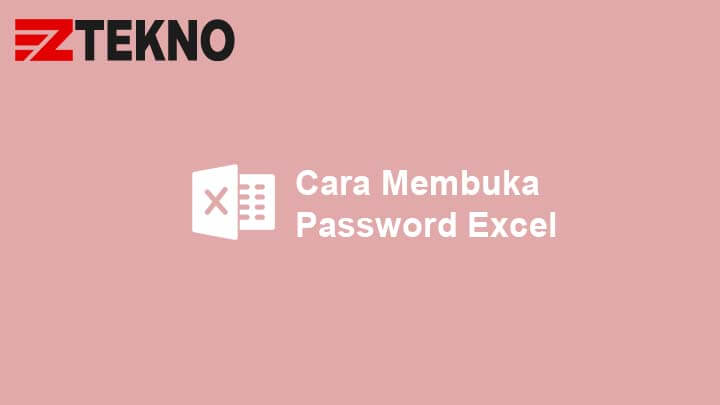Microsoft Excel is an extremely popular tool for data analysis and organization. It is commonly used in offices, schools and even homes. With Excel, you can create and maintain spreadsheets, charts and graphs that can help you visualize your data in a meaningful way. But what happens when you need to protect sensitive information in your Excel files? Password protecting Excel files is a great way to ensure that only authorized personnel can access them. In this article, we will discuss how to add passwords to Excel files quickly and easily.
Why Password Protect Excel Files?
Excel files often contain sensitive and confidential information such as financial data, contact lists, project plans, etc. Password protecting these files can help prevent unauthorized access, edit, or deletion of data. Password protecting an Excel file is an easy way to ensure that only those who have the password can access the information in the file.
How to Password Protect Excel Files
Here are some easy steps to add a password to your Excel file:
Step 1: Open Your Excel File
The first step is to open the Excel file you want to protect. Once the file is open, navigate to the File tab and click on “Info”.
When you click on “Info”, you will see a screen that looks like this:
Step 2: Click on “Protect Workbook”
Once you are on the Info screen, click on “Protect Workbook” and select “Encrypt with Password”.
Step 3: Enter Your Password
After clicking “Encrypt with Password”, a dialog box will appear asking you to enter your password. Enter a strong password that you will remember and click “OK”.
Step 4: Confirm Your Password
Another dialog box will appear asking you to confirm your password. Enter your password again and click “OK”.
Step 5: Save Your File
Finally, save your file by clicking on the File tab and selecting “Save As”. Choose the location where you want to save the file, enter a name for the file and click “Save”.
How to Unlock Password-Protected Excel Files
If you need to unlock a password-protected Excel file, follow these easy steps:
Step 1: Open the Password-Protected File
The first step is to open the password-protected Excel file. When you do so, Excel will prompt you to enter the password.
Step 2: Enter the Password
Enter the password that you originally used to protect the file and click “OK”.
Step 3: Remove the Password Protection
To remove password protection from the file, navigate to the File tab and click on “Info”. Then click on “Protect Workbook” and select “Encrypt with Password”.
Step 4: Clear the Password
In the “Encrypt Document” dialog box, clear the password field and click “OK”.
Step 5: Save Your File
Finally, save your file by clicking on the File tab and selecting “Save”.
FAQ
Q: Can I add a password to a specific worksheet within an Excel file?
A: Yes, you can add a password to a specific worksheet within an Excel file. To do so, right-click on the worksheet tab you want to protect and select “Protect Sheet”. Then enter a password and click “OK”. Repeat the process for any other sheets you want to protect.
Q: Can I remove password protection from an Excel file if I forget the password?
A: Unfortunately, if you forget the password for a password-protected Excel file, you will not be able to remove the password protection. It is recommended that you keep a record of your passwords in a secure location to avoid this situation.
Conclusion
Password protecting your Excel files is an easy and effective way to ensure that only authorized personnel can access sensitive information within the file. By following the steps outlined in this article, you can quickly password protect your Excel files and remove password protection when necessary.



